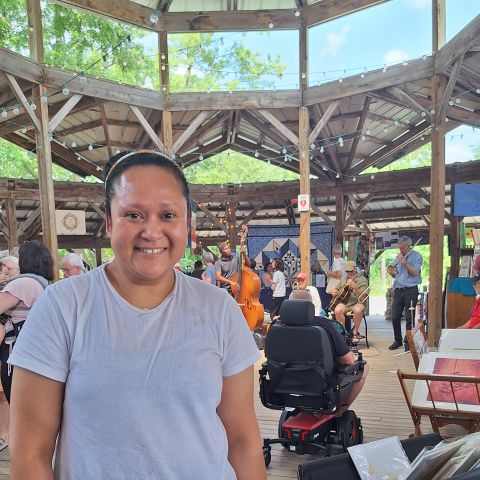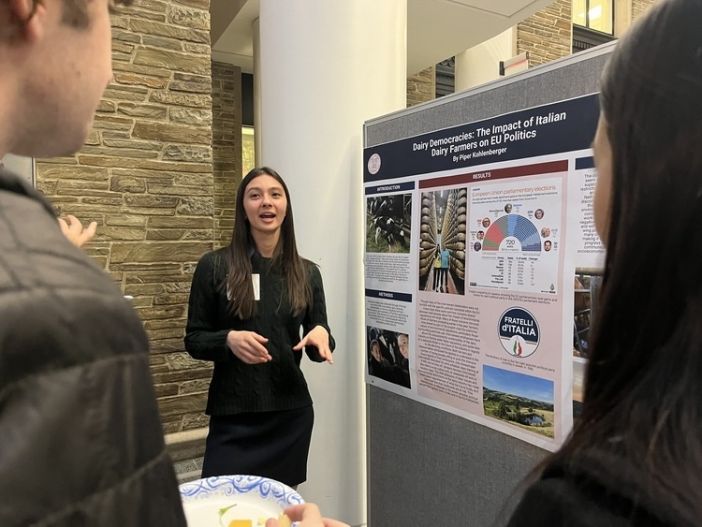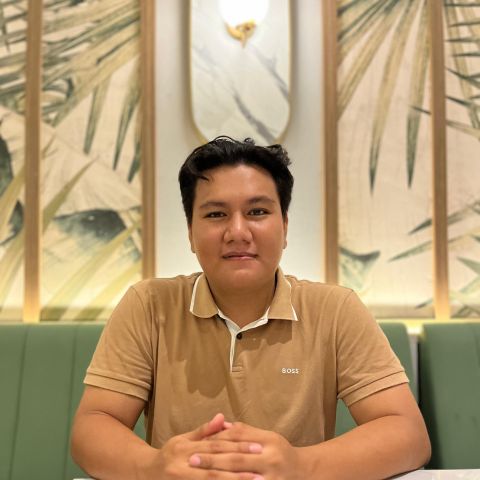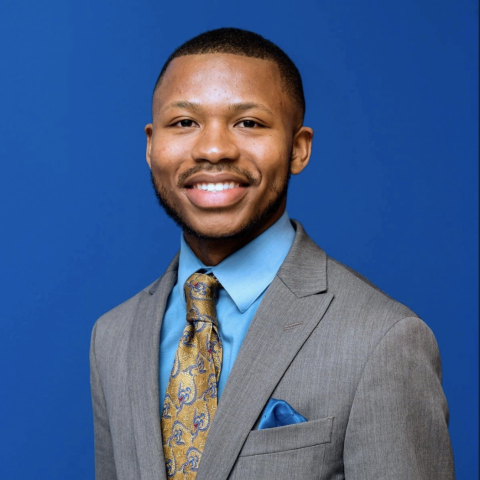Southeast Asia Program
Apply to Teach a GETSEA Mini-Course

Proposals due December 5.
GETSEA invites faculty and postdoctoral fellows at any institution to submit proposals for Spring/Summer 2026 mini-courses. Proposals are due December 5, 2025.
GETSEA mini-courses are free, virtual, and open to graduate students from across disciplines who work in and around Southeast Asia. GETSEA provides an honoraria for instructors. Each course should offer roughly one credit of workload (about 45 hours total, including class sessions, readings, and assignments) and foreground scholarship and perspectives from Southeast Asia. This is an opportunity to experiment with innovative, focused teaching formats, to teach on highly-specialized topics, and to connect with interested graduate students from around the world.
For more info: https://get-sea.org/mini-courses/
Additional Information
SEAP alumnus John Miksic dies at 79

NUS emeritus professor and renowned archaeologist.
Professor John Miksic died on Oct 25 at the age of 79. He was emeritus professor of South-east Asian studies at the National University of Singapore.
Additional Information
Fully Funded Language Study for Indonesian, Thai, and Vietnamese

Via the Boren Awards.
The Southeast Asian Flagship Languages Initiative (SEAFLI) is a fully funded program of the Boren Awards sponsored by the Defense Language and National Security Education Office (DLNSEO). These programs are open to undergraduate Boren Scholars and graduate Boren Fellows and offer intensive language training in Vietnamese, Thai and Indonesian.
The Southeast Asian Flagship Languages Initiative (SEAFLI) is a fully funded program of the Boren Awards sponsored by the Defense Language and National Security Education Office (DLNSEO). These programs are open to undergraduate Boren Scholars and graduate Boren Fellows and offer intensive language training in Vietnamese, Thai and Indonesian.
SEAFLI programs include:
- Language and Cultural immersion programs during the summer (domestic) and fall (overseas) that award academic credit from the University of Wisconsin-Madison
- Coursework tailored to all levels, including beginners
- Opportunities to achieve rapid proficiency gains in languages highly sought-after in the federal workforce
- Optional spring funding for self-designed language study and research or internships
Additional Information
PMA 1183 Guest Performer and Speaker: DJ Rhettmatic

November 19, 2025
8:40 am
Join PMA for PMA 1183 Guest Performer and Speaker: DJ Rhettmatic, presented by PMA 1183 FWS: Hip-Hop’s Global Vibrations (NYC, LA, Southeast Asia). This event will take place on Zoom on Wednesday, November 19, from 8:40am - 9:55am. Join on Zoom: https://bit.ly/pma1183
DJ Rhettmatic as a Filipino-American uplifts Filipinx musical aesthetics. This visit will include a short turntablist-DJ performance, followed by an informal Q&A conversation. Attendees are encouraged to listen and watch the following media before attending:
Listen / Watch:
Rhettmatic — 1997 DMC US Finals1998 Vol. 2 Rhettmatic SoundtrackInterviews:
"Roll Junkies" DJ RhettmaticNAMM's 2020 and 2023 videosDJ Rhettmatic of the World-Famous Beat Junkies has been DJing for well over 40 + years. He's done it all: a World Champion Battle DJ, mixing on commercial radio, performing with musicians & DJing in nightclubs around the world. Also, as a member of The Visionaries, Crown Royale and the Cypress Junkies, he has DJ'ed & Produced for recording artists, creating backdrops for such artists from Aloe Blacc, Dilated Peoples, to Ras Kass on well over 50 releases. Rhettmatic continues to be one of the most respected DJ's in the world.
Additional Information
Program
Southeast Asia Program
Cameron Yi-Jun Guan

Graduate Student
Degree Pursued: MPH
Anticipated Degree Year: 2027
Committee Chair/Advisor: Alex Travis, Benjamin Parker
Discipline: Public Health
Research Interests: Sustainable interventions to emerging and re-emerging infectious diseases in the Global South, especially within Southeast Asian countries of the "Malaria Belt," with major emphasis on the historical contexts that have created the social determinants of health that currently exist in the Global South.
Additional Information
Thitirat Boonyanuphong

Graduate Student
Degree Pursued: MA
Anticipated Degree Year: 2026
Committee Chair/Advisor: Magnus Fiskesjö
Discipline: Asian Studies
Research Countries: Thailand
Research Interests: The Political Role of Buddhadasa Bhikkhu’s Thought and Writings in Post-1932 Thai Modernity
Additional Information
International Research Showcase

November 19, 2025
4:30 pm
Atkinson Hall, Ground Floor
Come and explore the wide range of international work being done at Cornell! This annual showcase features a concurrent student poster session and speed talks by Einaudi Center graduate students and visiting scholars. Refreshments will be served.
Student Experience Poster Session
Over 70 undergraduates will present their international summer experiences. They conducted research, worked in Global Internships, and put leadership into action as Laidlaw scholars.
Applications are open now for Global Internships and the Laidlaw Leadership and Research Program.
Global Research Speed Talks
Graduate students and visiting scholars from the Mario Einaudi Center for International Studies will present three-minute speed talks on their interdisciplinary and international research. Speakers will address topics such as fascism in 20th century Spain, regenerative agriculture in England, migrant labor in India, and more.
***
The International Research Showcase is hosted by the Einaudi Center for International Studies and cosponsored by the Office of Global Learning. Both are part of Global Cornell.
Additional Information
Program
Einaudi Center for International Studies
Reppy Institute for Peace and Conflict Studies
East Asia Program
Southeast Asia Program
Latin American and Caribbean Studies
Institute for African Development
Institute for European Studies
South Asia Program
Migrations Program
Southwest Asia and North Africa Program
Sydney Johnston

Graduate Student
Degree Pursued: MA
Anticipated Degree Year: 2027
Committee Chair/Advisor: Anne Blackburn
Discipline: Asian Studies
Research Countries: Thailand, Singapore
Research Interests: Interface of the economy, urbanization, global Hinduism, animism, and the commodification of religion in Thailand
Additional Information
Philip Aquila Salvatore Tapan Dahal

Graduate Student
Degree Pursued: MPH
Anticipated Degree Year: 2027
Committee Chair/Advisor: -
Discipline: Public Health
Research Countries: Indonesia, Timor-Leste
Additional Information
Nicholas Kimble

Graduate Student
Degree Pursued: MPA
Anticipated Degree Year: 2027
Committee Chair/Advisor: Laurie Miller
Discipline: Public Policy
Research Countries: Cambodia, Indonesia, Malaysia, Singapore, Thailand
